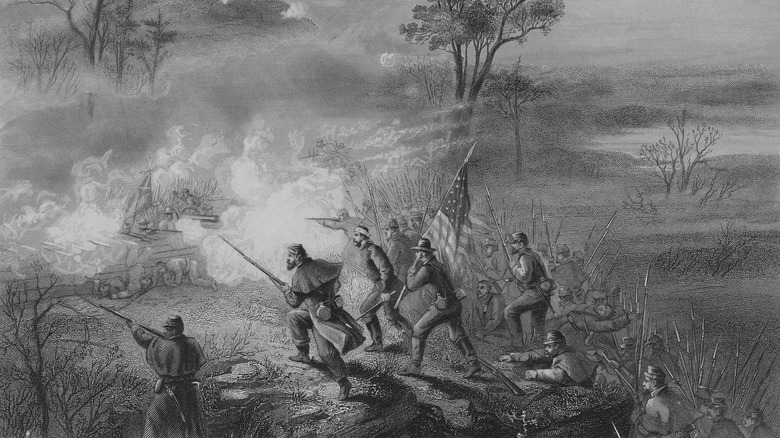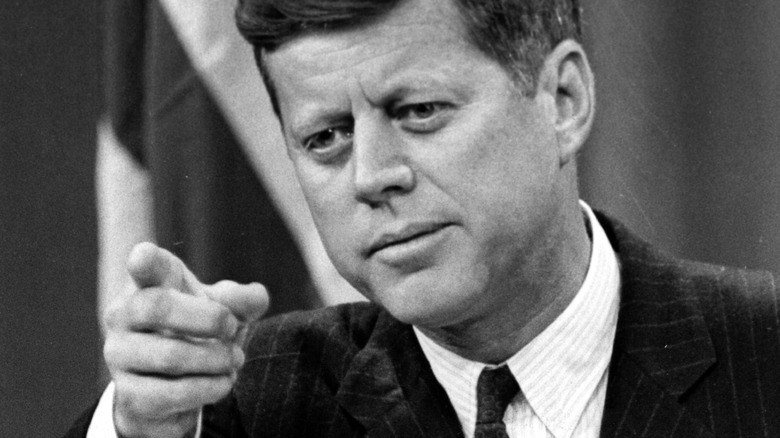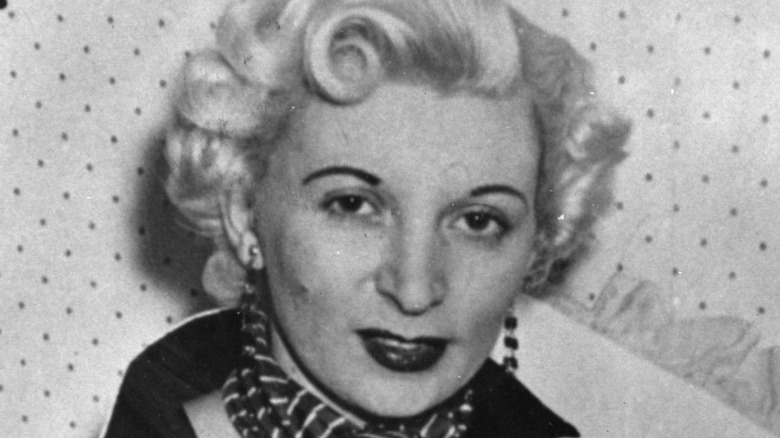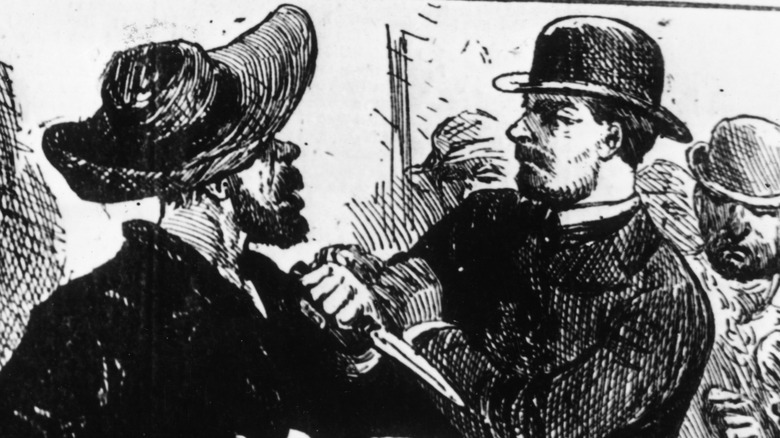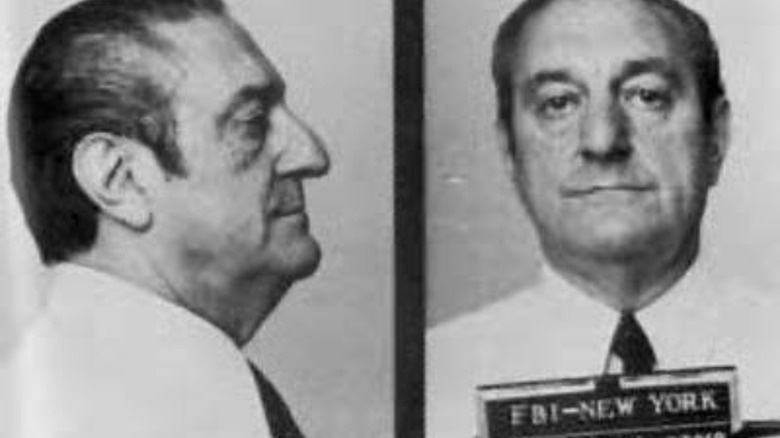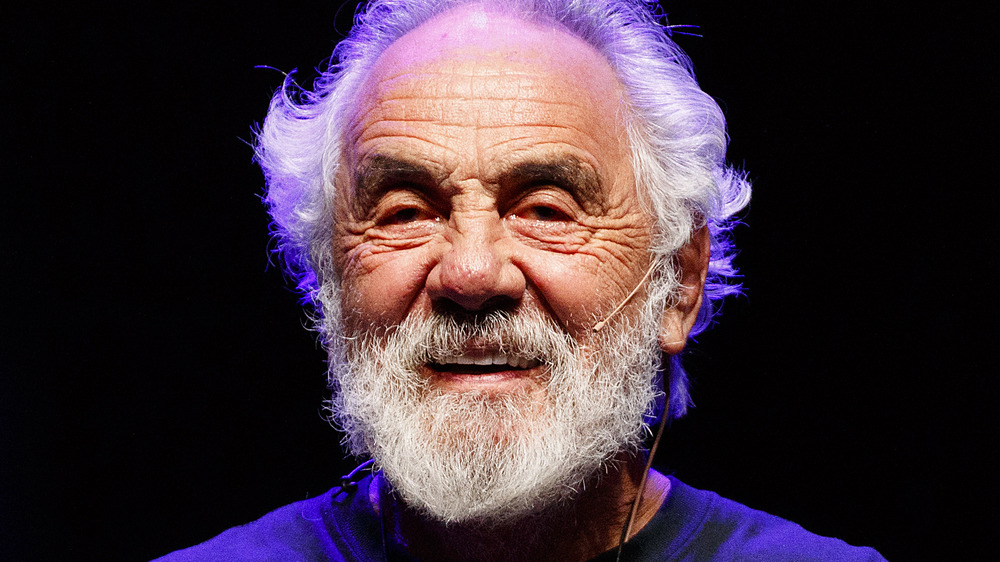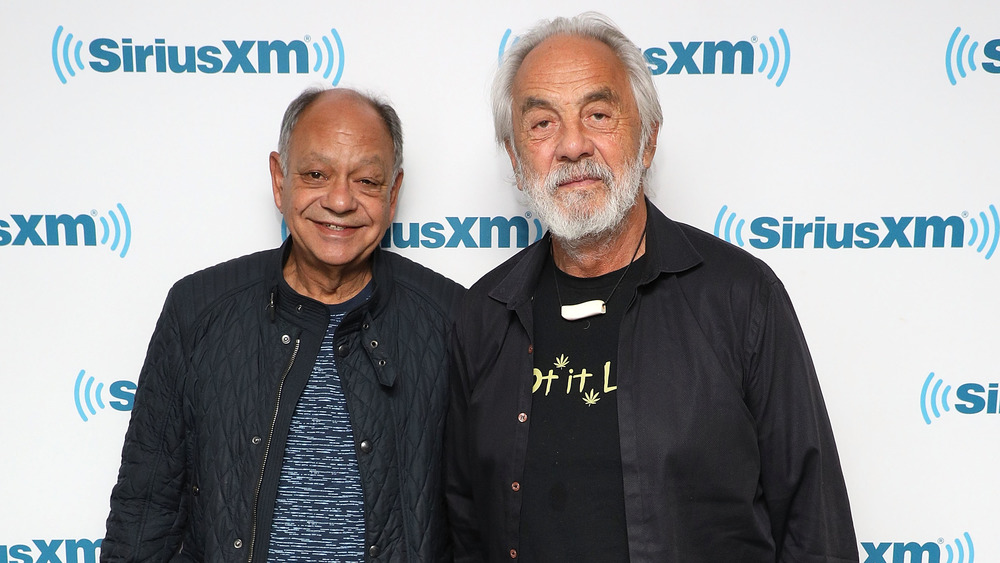
Why Braxton Bragg Was Considered One Of The Worst Generals In The Civil War
Confederate General Braxton Bragg was responsible for his side’s most significant victory in the Western Theater of the Civil War, yet is by and large regarded as one of the worst generals in the whole of the conflict. Bragg had distinguished himself in the Mexican-American War and resigned from the military in 1855, but was called upon by the Louisiana militia when the Civil War broke out six years later (via History).
Bragg had a reputation for strict discipline and an argumentative personality, exemplified by his open criticism of a beloved general that landed him in hot water during his first stint with the military. After some initially promising engagements for the Confederacy, and the failures of his superiors, Bragg went through a series of promotions until he was commander of the Army of Tennessee. A string of defeats and the overwhelming disapproval from his men cemented his reputation as one of the most controversial Confederate generals — no mean feat.
Bragg held onto his job because of an old friend
One of Braxton Bragg’s first responsibilities was to engage in the invasion of Kentucky. At the Battle of Perryville, Bragg’s forces launched a successful attack, but instead of securing the victory, Bragg decided to withdraw to the fury of his superiors. According to Battlefields, a similar defeat after a promising beginning occurred at the Battle of Stones River. Even Chickamauga, a significant victory for the Confederacy led by Bragg, saw more Confederate losses than Union, and Bragg let the Union army retreat and regroup instead of delivering a finishing blow.
Both superiors and subordinates were furious with Bragg’s decision-making, temperament, and combative personality. While his men were known for being well-drilled and organized, he repeatedly snatched defeat from the jaws of victory. There was only one man advocating for him: Commander Jefferson Davis, who was saved by Bragg during his heroics in Mexico. Davis refused calls to remove Bragg until the latter followed up Chickamauga with a decisive defeat at Chattanooga. Davis accepted Bragg’s resignation, although he remained with the Confederate Army until the end of the war, and later died at the age of 59.
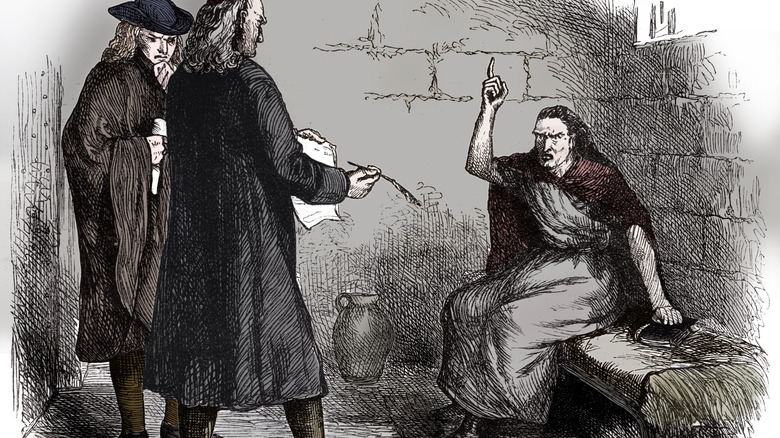
How The Salem Witch Trials Impacted America's Legal System
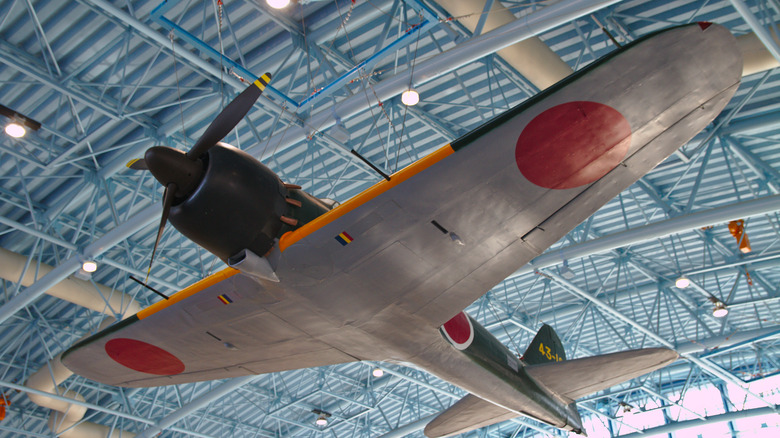
Japanese Weapons That Could Have Completely Changed World War II
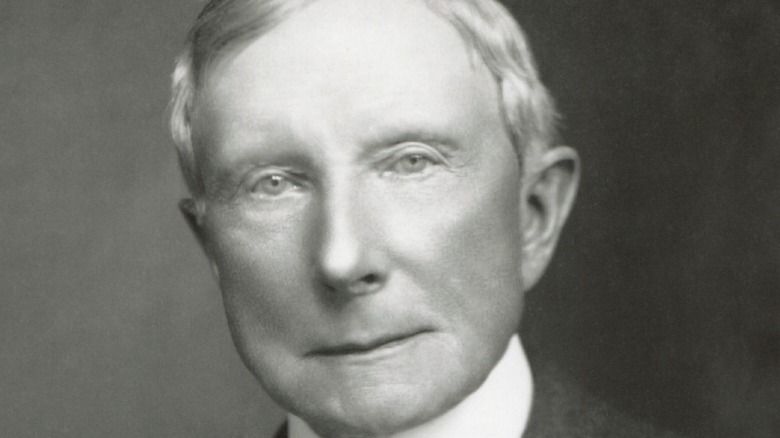
The Personal Holiday John D. Rockefeller Created

The Sad Truth About The Kiss Nightclub Fire

Why Mikhail Kalashnikov Regrets Inventing The AK-47

How Steve Callahan Survived Adrift At Sea For 76 Days

The Truth About Liberty Ships Of World War II
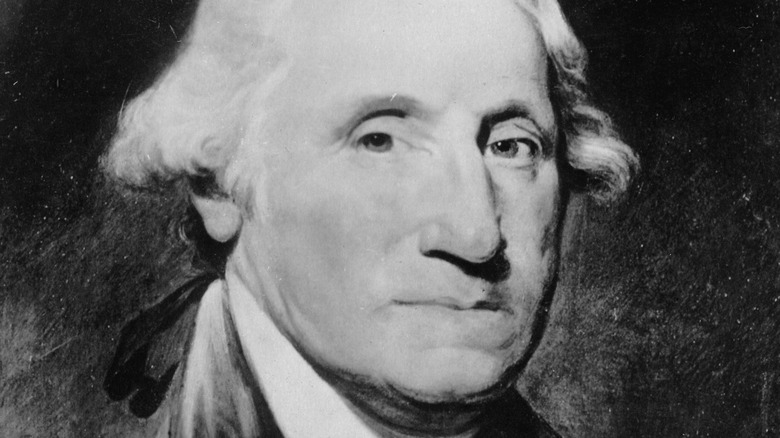
Why George Washington Never Had Kids Of His Own

What The Palace Of Versailles Is Being Used As Today

The Tragic History Of The Anheuser-Busch Dynasty
